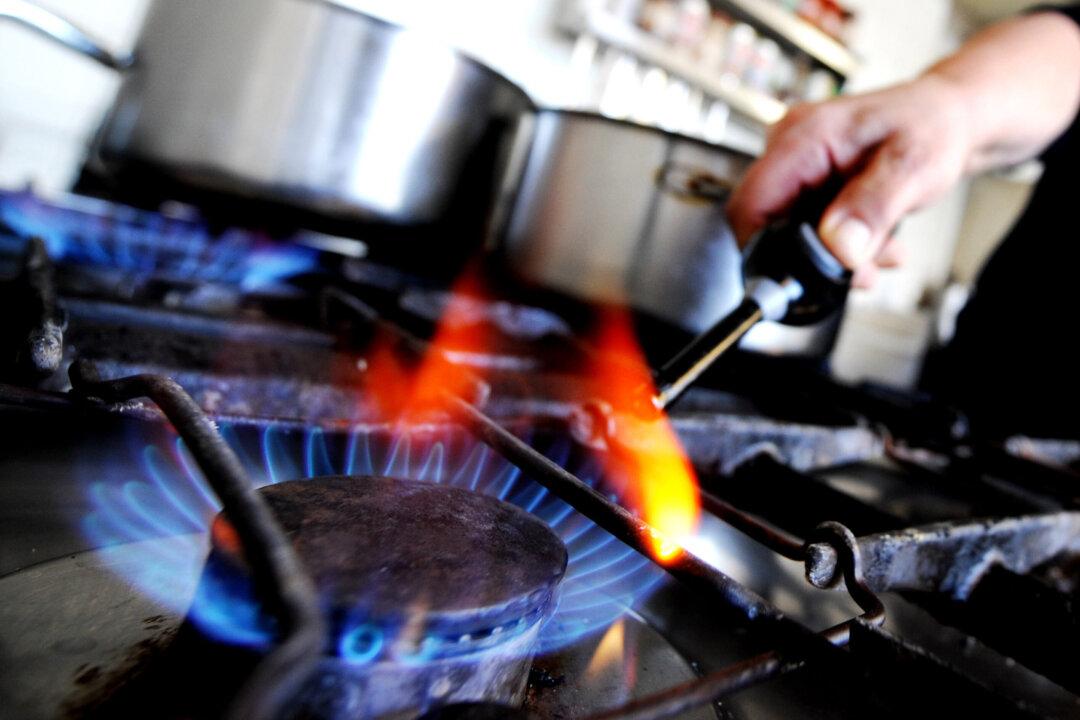Debate over gas stoves is sure to be reignited after the Department of Energy on Wednesday proposed new efficiency rules for natural gas stoves and other consumer cooking appliances.
The Energy Department’s proposal would set limits on energy consumption for the stoves and energy usage standards on both electric and gas stoves and ovens. Both gas and electric stoves would have to meet certain thresholds for energy efficiency, the proposed rule stated.





